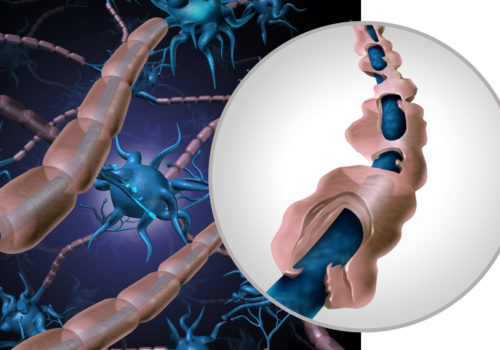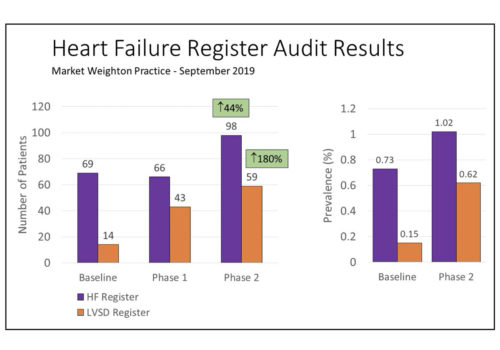Severe seasonal allergic rhinitis (hayfever) has a significant impact on sufferers’ quality of life
and productivity, and can be a challenging condition to manage in primary care. As a majority
of these patients have poor or only partial symptom control in primary care, they may be
suitable for referral to secondary care. Some of these patients may be appropriate for
treatment with specific allergen immunotherapy and this article reviews the impact of severe seasonal
allergic rhinitis and highlights recent data on the effectiveness of sublingual immunotherapy.























